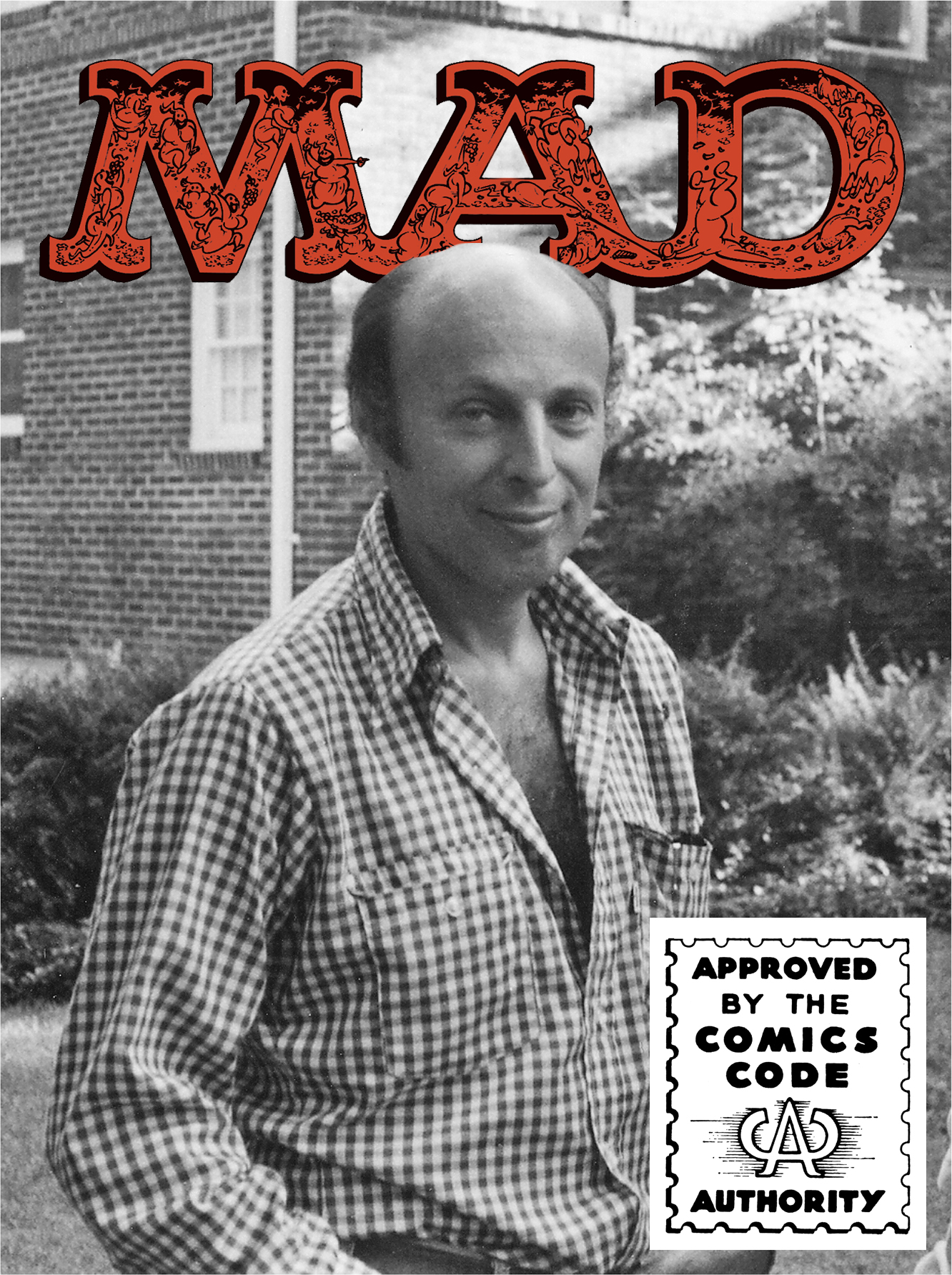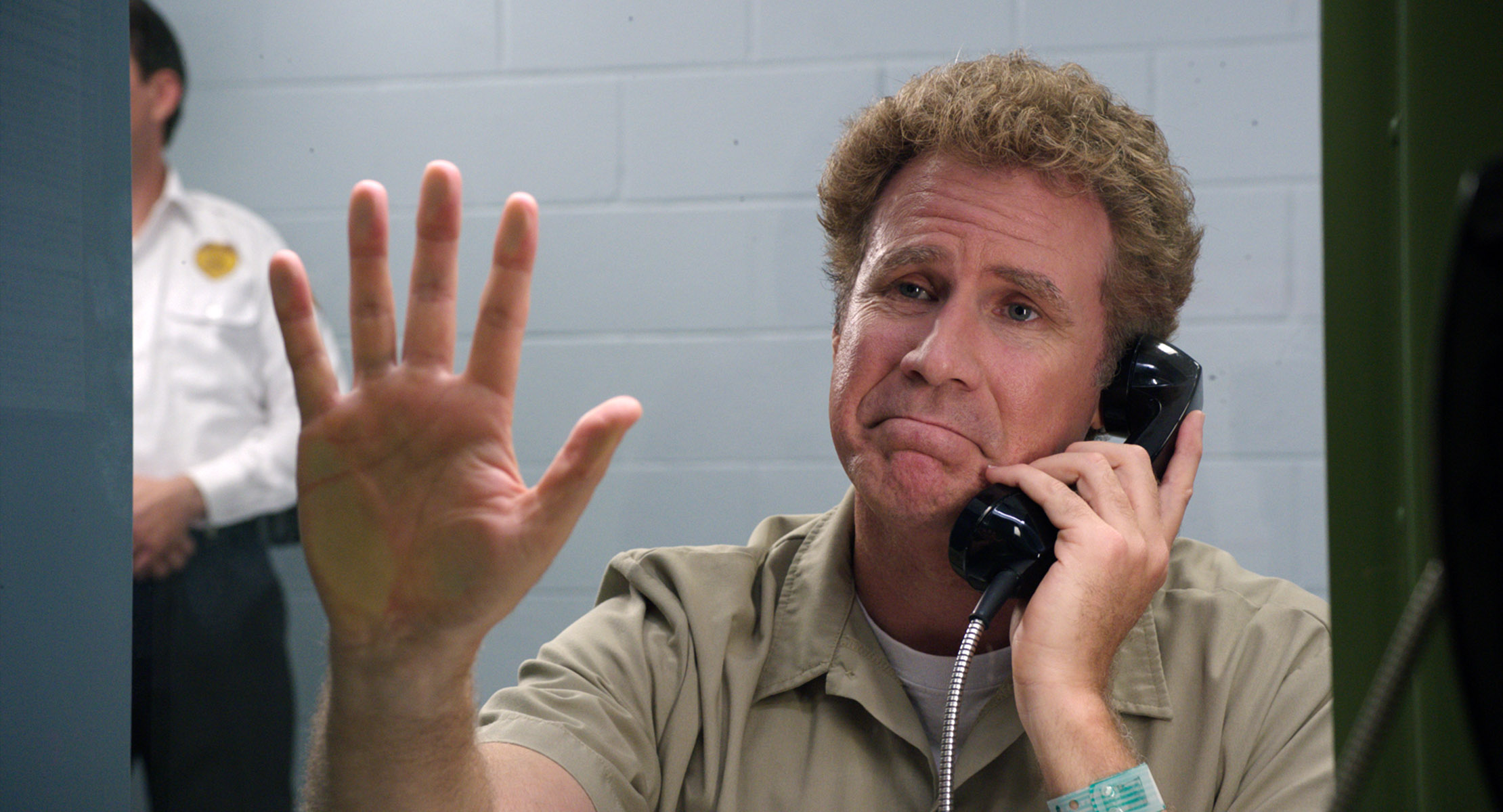That sound you’re hearing is no one talking about House of Cards Season 3. Or maybe it’s crickets with a bad Southern drawl. After two wickedly fun, binge-watchable seasons that helped change the way—and the places—quality TV gets made, you could say the show jumped the shark. That is, if Fonzie had whipped out a switchblade and cut his own throat in mid-jump over the shark cage.
What happened—apart from a pointed reminder that the main character’s initials are “F.U.”? I give you the wisdom of Spock from “Amok Time”: We have found that having is not so pleasing a thing as wanting. Except in this case, it’s not some pointy-eared home-wrecker winning a calculating Vulcan tramp. It’s Frank Underwood (Kevin Spacey) and his soulless, possibly android wife Claire (Robin Wright) having won the Oval Office. And man, is it a drag for them to be there and a joyless grind for us to watch. This show went from water-cooler TV to something that took splashing cold water on my face to get through.
What the hell went wrong? Spoilers ahead . . .
In the first two seasons of the Netflix series, Underwood was a scheming congressman, later Vice President, who made us accomplices by breaking the fourth wall like Ferris Bueller by way of Loki. HOC show runner Beau Willimon adapted the device from the original 1990 BBC miniseries, though it always makes me think of William Sadler’s deranged executioner in the 1999 Tales From the Crypt episode “The Man Who Was Death.”
But as President in Season 3, Frank’s not fun anymore. The show’s whole tone has changed. Main characters get so unlikable that you don’t want to spend quality time with them. And the plot lines are more unpalatable than Ronan Farrow getting a cable news show. Frank breaks the fourth wall much less often; and when he does, he tends to be grim and angry instead of our mischievous tour guide through D.C. sleaze. For instance, after a meeting with Solicitor General-turned-primary rival Heather Dunbar (Elizabeth Marvel), he looks into the camera and snarls, “I’ll slit her fucking throat in broad daylight.” There’s some Southern charm.
Instead of scheming, fucking (both men and women), and committing the occasional discreet homicide, Frank just gets dumped on from all sides. His own party won’t support him for re-election, people close to him defect, and he can’t get traction for a highly dubious legacy project (more on that below). Meanwhile, becoming First Lady hasn’t made Lady Macbeth—I mean Claire—any more likable. Before, though cold, phony, and ambitious, she always had Frank’s back. Yet in Season 3 she treats Frank like he’s given her a Dutch oven under the sheets, and she won’t forgive the smell.
After getting his head bashed in by an ex-hooker (Rachel Brosnahan) in Season 2, Frank’s fanatical chief of staff Doug Stamper (Michael Kelly) turns out to be alive. Not only did he survive that prostittack, but now that alcoholic asshole is—between PT sessions—out for revenge on his assailant. Stamper’s so obsessed it’s almost comical. She’s a loose end from Season 1, so he tracks her down, actually buys a creepy white stalker van, then kills her and buries her in a shallow grave. Funny, I don’t remember that bit from the BBC version.
What else do we get for sticking with such shitty, off-putting characters for another 13-hour season? Frank’s hell-bent on the success of his “America Works” program to create precious new jobs by slashing the social safety net. Hang on, you might protest, Frank may be a sociopath, but he’s still a Democrat. Isn’t cutting the safety net the domain of the right-wingers, teabaggers, and corporatists whose brain power is as deficient as their morality? (See also: Ayn Rand.)
Not in the bizarro politics of HOC Season 3. In its first-episode Gipper-style speech, Frank insists that “entitlements” (a loathsome term) are bankrupting us. Social Security, Medicare, and Medicaid are sucking us dry, Frank says. The short real-world response is: No, they’re not. Follow-up response: What would happen to all those people who rely on the safety net? The once-savvy show never addresses that, and no one bothers to challenge Frank’s assertions.
But wait, you might ask, Isn’t HOC just a TV show? Pure entertainment? A darkly satirical fantasia with political themes? True. It ain’t a Paul Krugman column in The New York Times, let alone a documentary. Yet part of what made the first two seasons of HOC so good was their smart engagement with a recognizable political realm we might read about in the Times. The characters were exaggerated, but the Beltway intrigue didn’t feel like ridiculous Jim Thompson fan fiction.
Here’s an analogy: Remember how on 24 super-agent Jack Bauer tortured scores of bad guys to get vital information and save the world? Some viewers—and Cheneyesque political insiders—forgot this was fiction, that torture was both a war crime and an ineffective means of getting reliable intel. Underwood’s America Works—“AmWorks” for short—is even more insidious than that.
Now, with President Underwood suddenly spouting crackpot ideas about the economy and social safety net, HOC ’s departure from the reality-based community goes from willing suspension of disbelief to the sound of a needle scratching across a record. And here’s another gripe: It turns out one of HOC ’s consultants is Jim Kessler, co-founder of Third Way, a self-proclaimed “moderate” think tank with a Wall Street-funded hard-on for entitlement reform, pension reductions, and similar humanitarian goals that involve throwing vulnerable people under the bus. The joint’s known for spreading misinformation about those programs, as in a December op-ed for The
Wall Street Journal that also attacked Senator Elizabeth Warren, aka the Anti-Hillary. (Willimon worked for Hillary on her 2000 senate race.)
They should have ended HOC at the end of Season 2, with Frank and Claire triumphant, the future blank and tantalizing. Instead, the show feels like a hack job in the 2016 presidential race (already underway), only Frank has murdered all the fact-checkers.
markrahner.com







